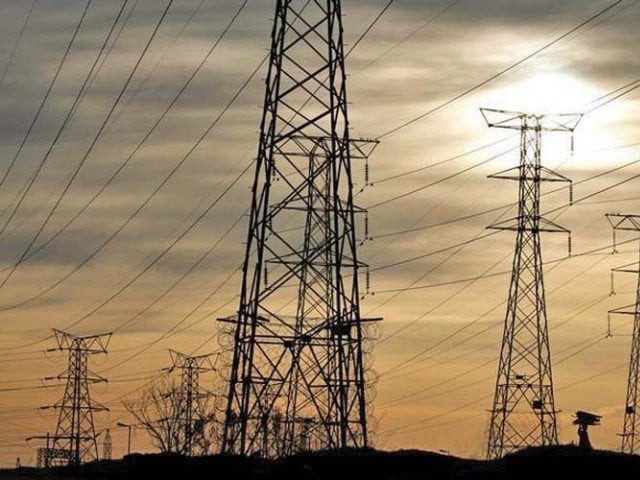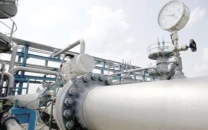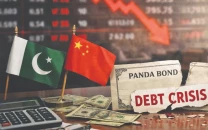Row intensifies: Power ministry accuses NEPRA of being biased against consumers
Argues regulator has cleared K-Electric despite Rs62b excess collection

PHOTO: FILE
In a letter sent to the Nepra chairman, the power ministry argued that it was expecting the regulator to address the identified inaccuracies and deficiencies in the upcoming tariff determination.
NEPRA dismisses claim of extra Rs62b collection in Karachi
However, surprisingly, the regulator’s first reaction was to clear K-Electric, negating its own finding of 2014 that the power utility was overbilling the consumers in Karachi, it said.
This is the second letter written by the ministry. In its previous correspondence about two weeks ago, the ministry had argued that K-Electric had collected billions of rupees from Karachi consumers through excessive tariff determination.
The ministry wrote the second letter after Nepra dismissed the claim of additional Rs62-billion payment by K-Electric consumers and termed the ministry’s assertion an attempt to sow seeds of discord in society and weaken the foundation of the federation of Pakistan.
In the latest letter, the power ministry said Nepra did not fulfil its regulatory responsibilities towards K-Electric consumers in 2015 and 2016 by delaying a decision on returning the excessive profit for almost two years despite having adequate opportunities in around eight quarterly adjustments.
“The unprofessional language in the communication is regretted and despite addressing the issue, Nepra has taken refuge in the national interest,” the ministry said, insisting that so-called seeds of discord were sown when the regulator turned a blind eye to the interest of consumers.
“National harmony will, in any case, be better served if the highlighted issues are addressed to provide judicious relief to the consumers across the country,” it said.
Power plant: Ministry reiterates Nandipur cost-efficiency
“Had the consumers of K-Electric been treated with equity and provided relief by Nepra, more than 18,000 complaints would not have been filed with the federal ombudsman, which accounted for about 90% of the complaints against the power sector across the country.”
Even if other costs associated with the tariff had increased, that, by any standards, was legally and financially unjustifiable and disproportionate in the tariff, it said.
“It is thus clear that an upside in tariff has been generously allowed while no regulatory responsibility has been undertaken for the reduction in favour of consumers when due.”
If the multi-year tariff regime was performance-based, the ministry asked, how could K-Electric’s failure to achieve the 15% target for transmission and distribution losses be rewarded by allowing higher profits.
Dec 2016: NEPRA slashes power tariff by Rs2.21 per unit
“K-Electric’s failure to achieve performance targets should not be borne by the consumers in the upcoming tariff,” it insisted.
The ministry blamed inadequate accountability of K-Electric for its disastrous performance during the heat wave of 2015 and 2016 and said Nepra became lenient in order to promote investment in the improvement of K-Electric’s system.
The ministry asked Nepra to maintain a balance between the interests of consumers and K-Electric instead of allowing one-sided favours to companies at the expense of consumers.



















COMMENTS
Comments are moderated and generally will be posted if they are on-topic and not abusive.
For more information, please see our Comments FAQ